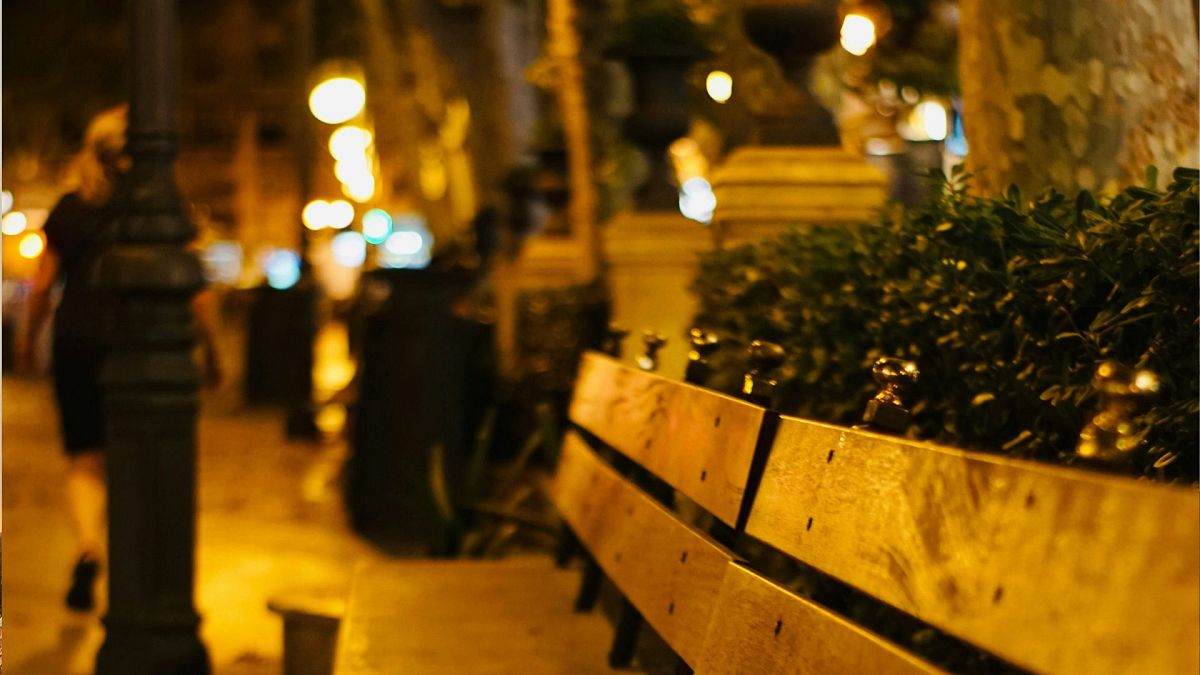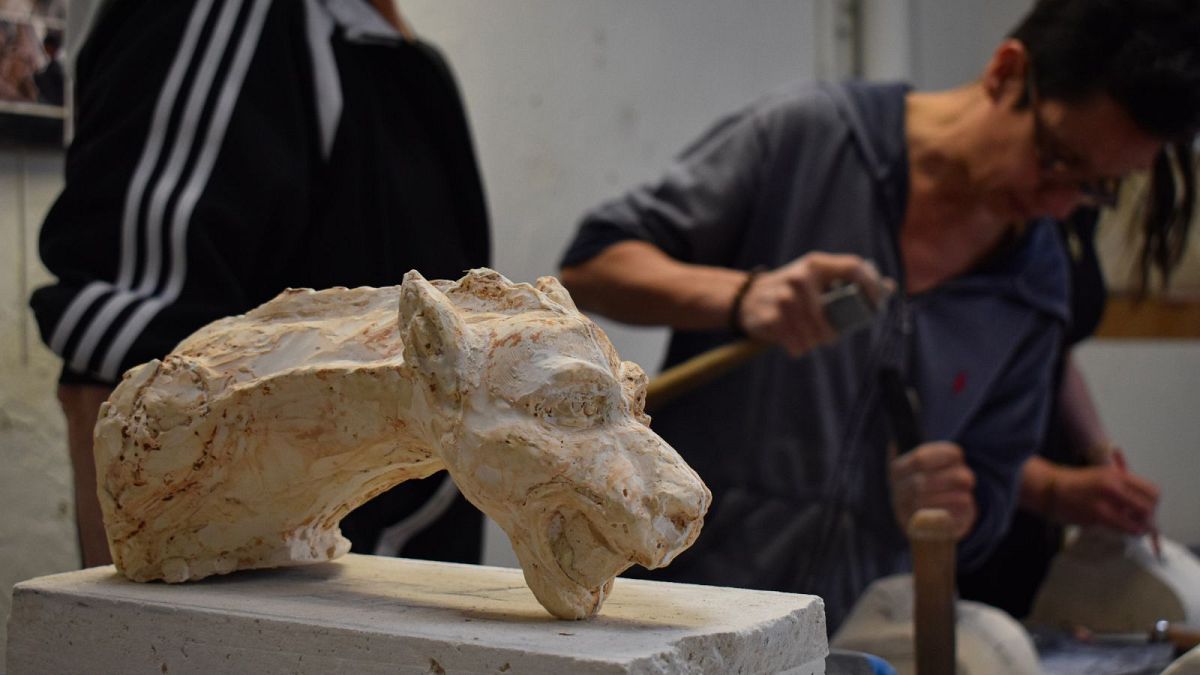Kaçkar Mountains, Turkey
“Every day you can make a different cheese. It’s all in your hands,” says Sevda İyem, her fingers working nimbly as she prepares a fresh block in the kitchen of her family guesthouse overlooking the Macahel Valley, close to the Turkish border with Georgia.
Today, like every morning, she rose as dawn crept over the richly forested slopes of this UNESCO biosphere reserve in the Kaçkar Mountains to milk her cows by hand.
Perched on the hillside, just below the balcony where in a few hours İyem’s guests will sit down to a homemade breakfast, is what has to be one of the world’s most scenically positioned cowsheds.
There are four cows inside, three of them pregnant. Milking requires a fast, firm motion, Iyem explains. Don’t yank or pull, just squeeze the teat from top to bottom and the bucket soon fills.
“I chat with the cows all day long. There is an ongoing conversation,” Iyem tells through an interpreter. “I can figure out what they’re asking for, what they want.”
The cattle don’t want for much in this alpine Eden, just a winding 90-minute drive upwards from the Black Sea coast. Here is unspoiled, uninterrupted, nature in an area protected by UNESCO for its biodiversity and its traditional ways of life.
In this remote corner of Turkey life continues as it has for generations, with hard-working women the backbone of the home, tending the land and looking after livestock.
“I love village life, city life is not for me,” says İyem. She and her husband Mevlüt took over Mevlüt’s rundown family home and fully renovated it to become the restful guesthouse it is today.
At first, they were back and forth between summers here and winters in Istanbul, but now they live here year-round. Seasonal migration is common in this region, so İyem looks after her neighbor’s cows when they leave during the colder months.
The cozy wooden home is decorated simply with traditional rugs and crocheted placemats and it feels like stepping back in time to the rustic mid-20th century.
Glorious views greet the eye from every window and balcony in this most relaxing of mountain hideaways.
While the vistas are spectacular, the real star here is İyem’s home-cooked dinners and breakfasts, a cornucopia of Turkish and Georgian dishes, most of which are prepared from scratch on site using local ingredients from her garden and the mountains beyond.
İyem’s kitchen isn’t just a cookhouse; it’s a workshop, a laboratory and a wizard’s lair.
She does at least “15 different types of cheese,” the interpreter explains. “Four of them are very local, traditional in the area. The rest are her own inventions, discoveries she’s trying. Some of them are consumed fresh, on the day or up to one week, some of them are aged.”
Toasted sesame might make its way into the mix. Zucchini flowers, parsley, dill or herbs might appear. Cheese are drizzled with oil, preserved in jars, or baptized with salt and spices.
Economy is key in what is effectively a zero-waste kitchen. The milk collected in the morning is churned by hand, with the cream set aside for the breakfast table. Leftover milk will be used for bread-making and even ends of cheese blocks will get a second life by being boiled in milk and transformed into a new gastronomic invention.
A traditional Turkish breakfast involves a generous variety of cheeses, from cow to goat to sheep milk, including staples such as stringy çeçil and pungent tulum.
The İyem table is also laden with deliciously fresh cherry and blackberry preserves, as well as molasses and tahini.
The Black Sea region is home to many hazelnut farms and the nut makes its way onto the guesthouse table combined in a tomato paste with walnut. The mountains are also famous for their honey, produced by the prized Caucasian honey bee.
There is cucumber, tomato and olives and fresh-baked bread. To wash it all down, there are delicate glasses of tea. Northeastern Turkey is tea country, with vertiginously planted tea plantations a common sight along the looping mountain roads.
The amber beverage is consumed everywhere in large measure by some estimates, Turkey has the highest consumption of tea per capita in the world.
It’s tough work, running a traditional, labor-intensive home and creating food from scratch. “If I didn’t enjoy it, I couldn’t do it. It would be torture. But I do it with great love,” says İyem.
As for her guests, “II love that they enjoy it so much. I’ve never had anyone say they didn’t like the food. So it’s a very nice feeling.”
Macahel İremit Pansiyon, Maral Köyü, İremit Mahallesi, No: 7, Borçka 08490
’s Christina Macfarlane, Stefanie Blendis, Işıl Sarıyüce and Paul Devitt contributed to this story.
















